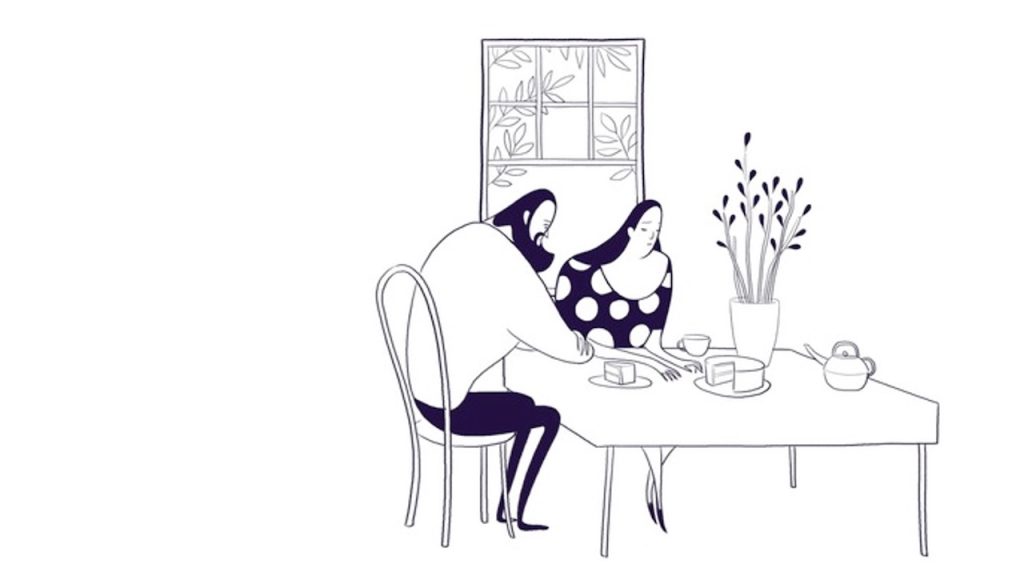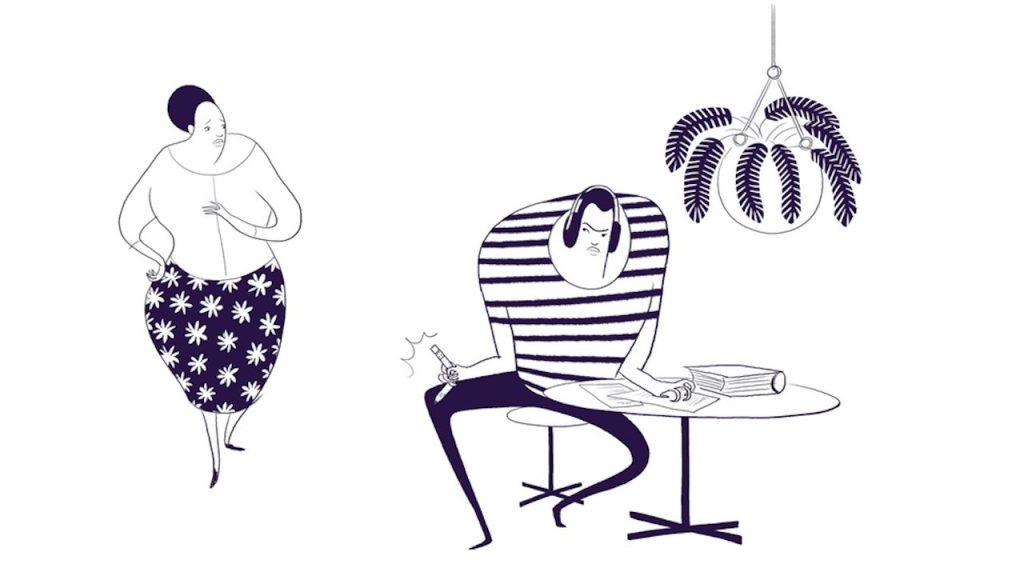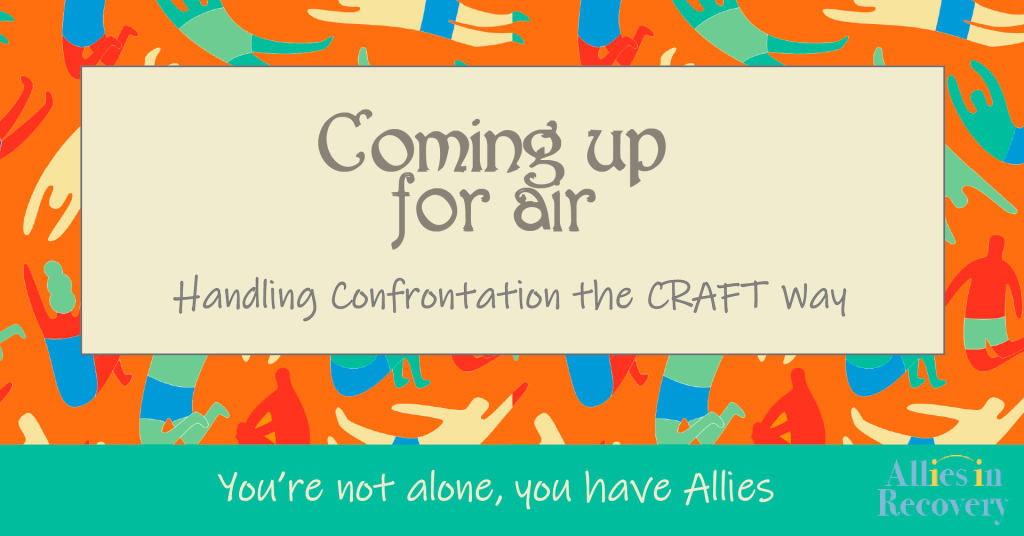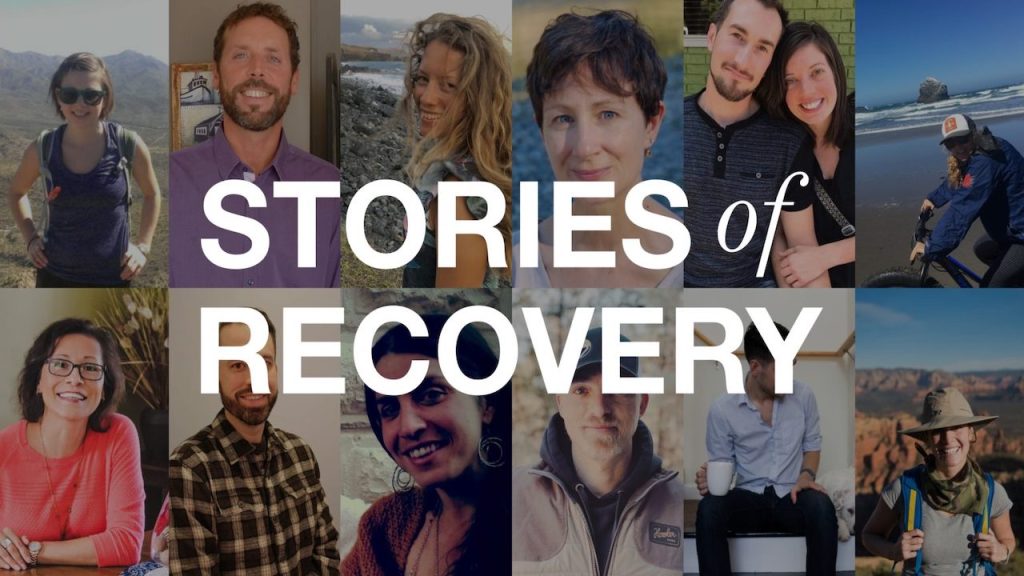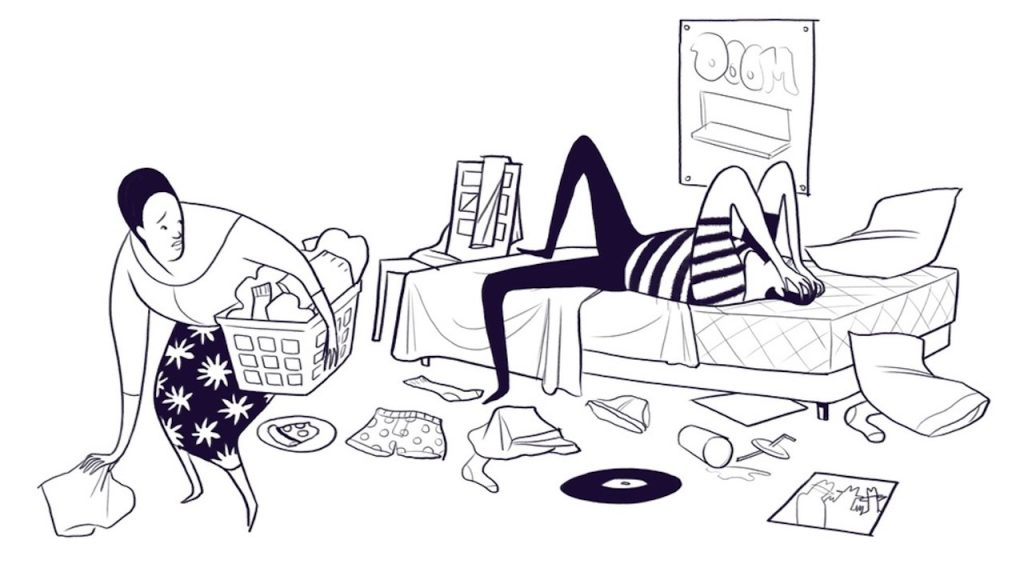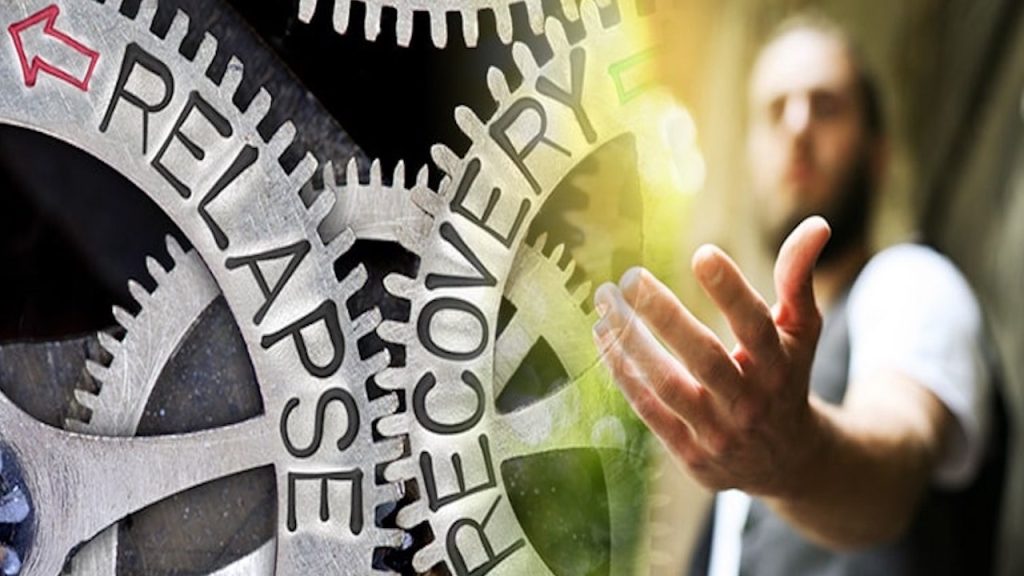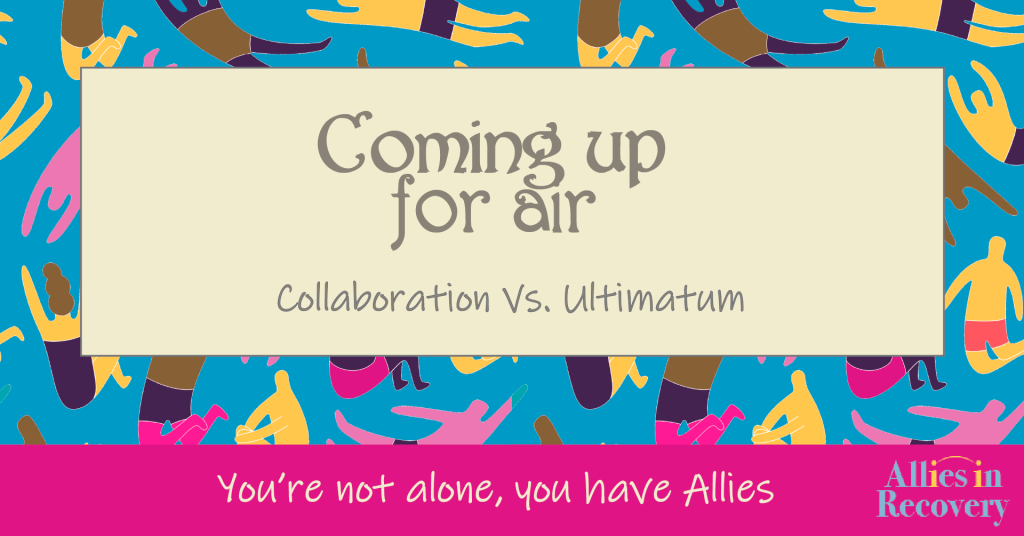How to Modify CRAFT for Your Loved One Using Opiates
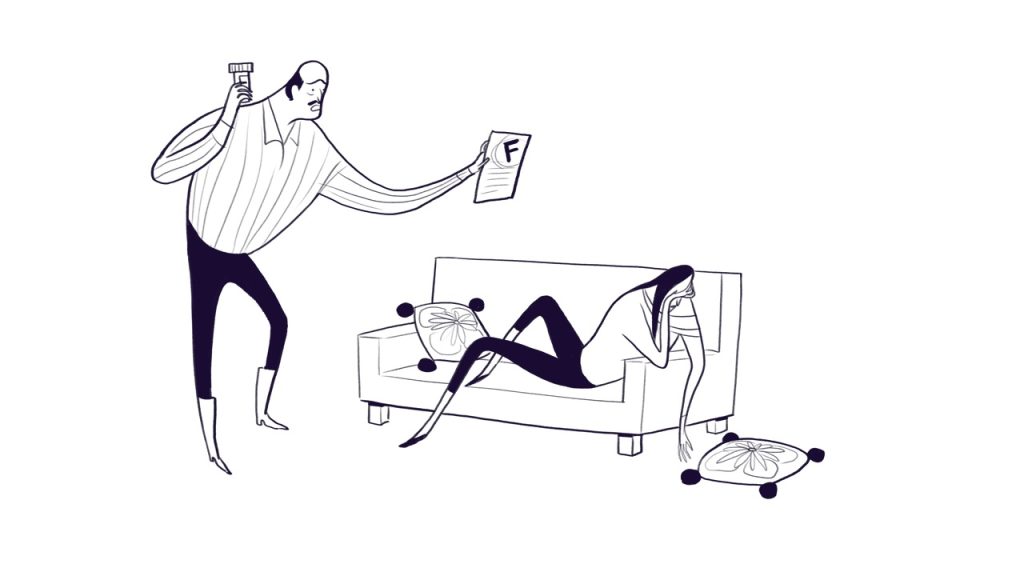
Parents often wonder if CRAFT can be applied to their loved one who uses opiates seemingly non-stop.
This post originally appeared on our Member Site blog, where experts respond to members’ questions and concerns. To sign up for our special offer and benefit from the Allies in Recovery eLearning program, click here.
l

Using rewards with a loved one using opiates
I ran a workshop for substance abuse clinicians yesterday, 60 of them. Warm, empathetic people who were interested in learning how to better involve families in their work.
These one-day trainings provide an overview of the approach we use at Allies in Recovery. We teach families that they have influence, and how best to use that influence to unblock the situation and advance their loved one towards recovery.
About an hour into the talk, a mom who runs a local support group raised the concern I have now come to expect: “What you’re describing in your approach may work for the run-of-mill alcoholic or pot smoker. But surely it doesn’t work with someone addicted to opiates, who uses all the time.”
I had been describing how family members should put down the other things that are going on in their loved one’s life. Leave be the flunking out of school, the loss of jobs, the color of their hair. Instead focus on the central question of this work:
Is he/she using right now, or not?
If they are using, you are going to 1) remove rewards 2) disengage yourself and 3) allow natural consequences. If they are not using, you are going to 1) step in and 2) reward.
The mom was responding to this distinction between use and non-use. She thought I couldn’t possibly be talking about her child because he’s addicted to opiates and uses all the time.
I explained that I was indeed talking about her son. There are moments in any substance abuser’s life when they cut back on their use. Even the most chronic drinker or heroin user pauses. Perhaps it’s just drinking beer to maintain. Or, for the heroin user, taking street-bought suboxone to avoid using heroin and to avoid getting sick from withdrawals. There are moments when it’s a full-out “let’s get high,” and moments when it’s more “let’s lie low and just get through the day.” Perhaps the reduced use is in response to something they have to do: work, a visit to the probation officer, a visit with family.
Trust me, these moments do occur. Whether it is by choice, or whether it is because they have run out of money or can’t find the drug dealer.
Adapting CRAFT
So, with this in mind, you are going to modify the usual line between use and non-use, so that it now falls between these moments of “maintenance” (the beer or the suboxone) and the full-out “let’s get high.”
In these scenarios, you are still going to respond the same way, equating reduced use with “non-use”: 1) step in and 2) reward. Full-out use becomes equated with “use”, so when that is the case, you will 1) remove rewards 2) disengage yourself and 3) allow natural consequences.
This is possible, your opiate user can be helped.
A membership at Allies in Recovery brings you into contact with experts in the fields of recovery and treatment for drug and alcohol issues. Our learning platform introduces you to CRAFT and guides you through the best techniques for unblocking the situation. Together we will move your loved one towards recovery. Learn more here.



